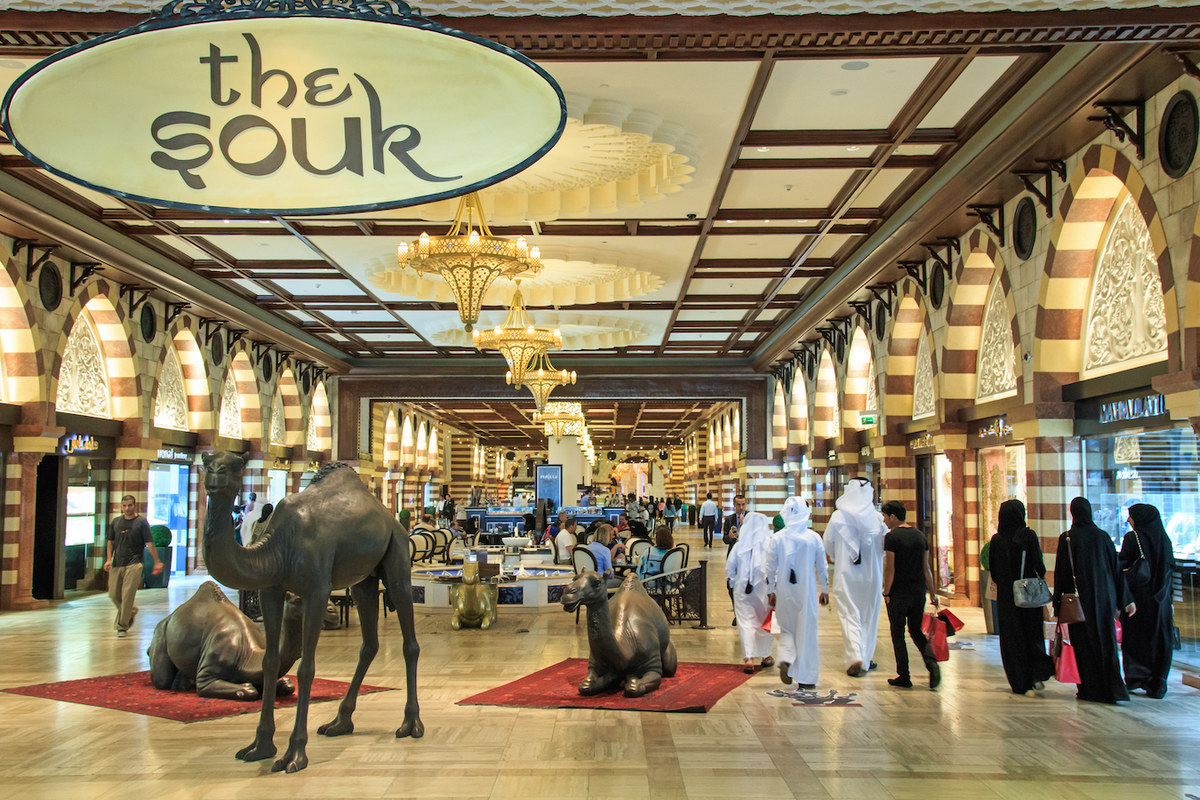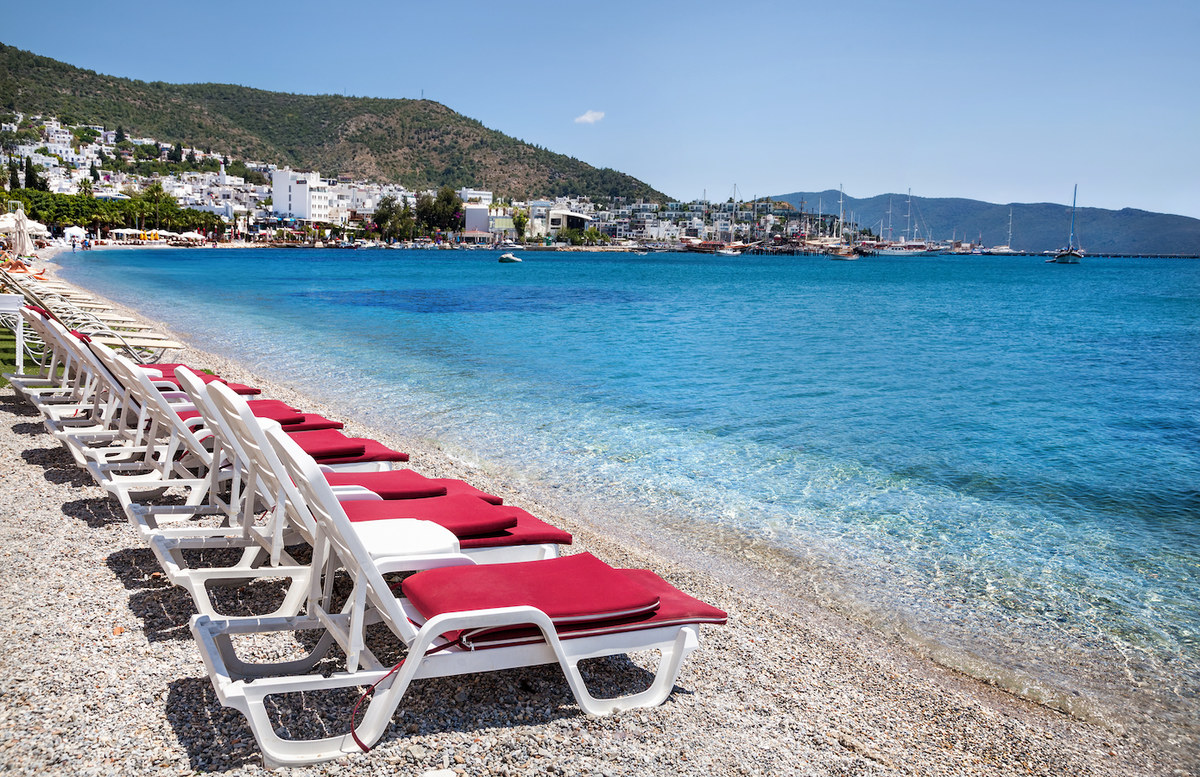Life Style: Where We are Going Today: Sentio Cafe

New survey reveals GCC residents’ travel intentions as world opens up post-pandemic
DUBAI: As Joni Mitchell observed: “You don’t know what you’ve got ’til it’s gone.” That has certainly proved true for travel since the onset of the COVID-pandemic saw worldwide restrictions on movement cause the industry to grind to a halt in early 2020.
Many feared airlines and hotels would be struggling for years to come, but at this month’s Arabian Travel Market in Dubai, experts were bullish about the near future, with recovery looking extremely healthy. The ability to hop across borders for a long weekend or a summer vacation, or even a work trip — has now become something precious; the chance to escape everyday routine has become more alluring than ever.
“Travel has moved from something that we took for granted to something that, now, we really need,” Paul Kelly, managing partner of Dubai-based consumer-insight company D/A, told Arab News. “That’s something that came through in this analysis: This huge pent-up demand — the emotional side of traveling has changed a lot.”
Residents of the GCC are eager to get travelling again, as research that D/A presented at the travel market proved. The company assessed millions of social media and online posts with its AI-driven “Sila” tool to discover the travel intentions and desires of more than 2.2 million Arab speakers across the GCC. What D/A found was that while many of the favored destinations remain the same (with one major exception — more on that later), the reasons for visiting them have changed significantly. It seems people are longing for relaxation in natural surroundings, along with cultural experiences, more than they are looking for shopping destinations and material acquisition.
“Visiting cities for shopping used to be much (more popular). It was never as big as the ‘Beach Holidays,’ category, but ‘Shopping’ was always number two,” Kelly said. “It’s now the lowest. Beach destinations are still number one — for instance, since the pandemic, visitor numbers to the Maldives from the GCC are higher than ever. But the ‘Nature and Mountains’ category — so, lakes, for example; think Switzerland more than the Maldives — has become much more popular. And cultural tourism — say, music festivals, art events, and general cultural experiences — has also become far more important, especially among younger people.”
Here are some of the main findings from D/A’s research.
SAUDI RISING
One country has seen a major increase in interest over the past three years: Saudi Arabia. While the glitz of the UAE — and particularly Dubai — remains in high demand, the Kingdom is now the second-most desirable destination for travelers from the GCC, according to D/A’s research. “Saudi has become a really big destination. That was never the case previously, except for pilgrims, but this research discounts religious travel,” Kelly explained. Clearly, the Saudi authorities’ efforts over the past few years to position the country as an attractive tourism destination have been a huge success. More and more Saudis are looking to take short breaks in their own country, and travelers from the Emirates, Oman and other GCC countries are taking the opportunity to explore the rich culture and stunning landscapes that had previously been all-but-impossible to access.
“This has all been driven by what’s currently open — festivals like MDLBEAST, the Riyadh and Jeddah seasons, AlUla, the sporting events,” Kelly said. “That stuff works.”
THINK LOCAL

The top three destinations for GCC travelers were all in the Gulf: The UAE, Saudi Arabia, and Kuwait. This is a recent development, according to Kelly. “The Gulf countries were never really factors before – apart from the obvious, Dubai, which has always been a beacon for the Middle East. But what’s been interesting is the rise of Qatar, because of the World Cup, and then Saudi as well,” he said.
“Khaleejis like going for short breaks — five days or something. And a lot of people, for those breaks, are now staying within the GCC. Saudi hasn’t overtaken the UAE yet, but it’s really come up as a tourism destination,” he continued. “The whole concept of staycation within the region has really come up — people are staying for longer periods too. Shorter stays are much more valued now.”
TURKISH DELIGHT

Turkey is one of the most desirable international locations for GCC travelers, according to D/A’s research. It’s always been popular, but what the social-media chatter suggests is that people aren’t just heading to the big cities anymore — instead it’s the country’s mixture of “beach and mountains” that is attracting attention, with its Mediterranean areas proving especially in demand.
FAMILIARITY BREEDS CONTENT

While GCC travelers are eager for new experiences, they’re also looking for the reassurance of the familiar. So destinations like the UK, the US and Thailand remain extremely desirable, but, Kelly said, they are now looking for new experiences in places where they may have been several times before.
“What we found across most of the countries is that there’s a big movement towards new experiences, even in really familiar settings,” Kelly said. “So they like to go to the same places — London, for example, is a big destination. But while they’re in London, they want to do something different, maybe be there a bit longer and go out into the countryside. There’s also an eagerness to fill out itineraries a bit more, do more things.”
FORBIDDEN FRUIT

“People really wanted to go to the countries that closed their borders early because of COVID,” Kelly said. “You want to do what you can’t do, I guess.” China and Japan were the main beneficiaries of this particular quirk of our brains, with both featuring prominently on the wishlist of destinations in the Far East for GCC travelers. China, in particular, is a desirable place for studying for GCC residents, D/A found.
Noting that the news was copied from another site and all rights reserved to the original source.
xnxx,
xvideos,
porn,
porn,
xnxx,
Phim sex,
mp3 download,
sex 4K,
Straka Pga,
gay teen porn,
Hentai haven,
free Hentai,
xnxx,
xvideos,
porn,
porn,
xnxx,
Phim sex,
mp3 download,
sex 4K,
Straka Pga,
gay teen porn,
Hentai haven,
free Hentai,




